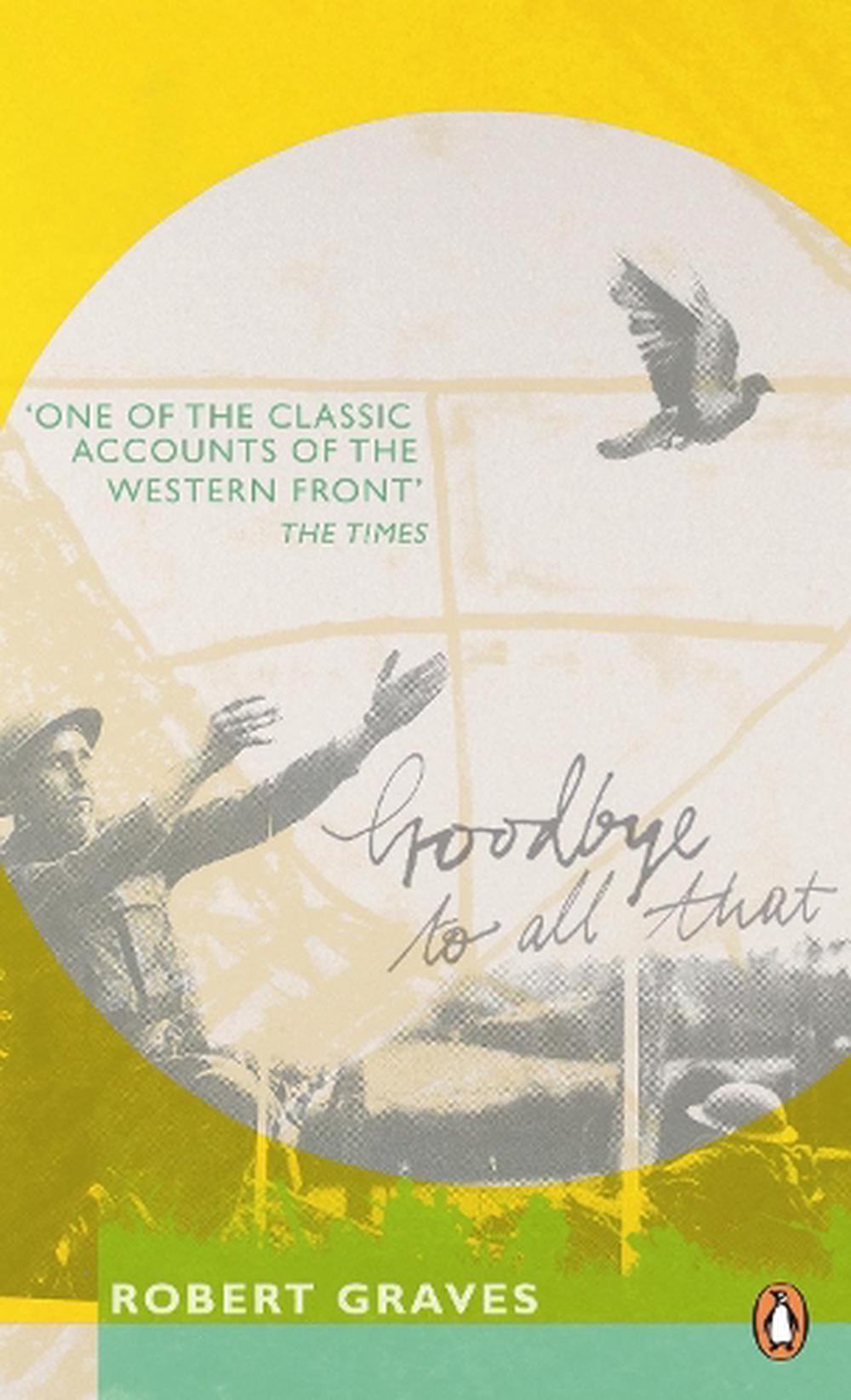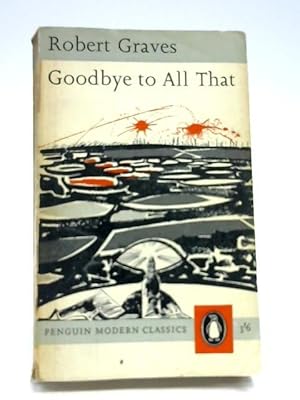


An errant telegram informed his parents of the news a misplaced notice in the Times informed the nation.

Later in the war he was so severely wounded that he was assumed dead. Fighting in the Battle of Loos could be endured only by consuming a bottle of Scotch a day. Oxford University beckoned but war intervened, and within weeks of leaving school, Graves enrolled on the call to arms and found himself fighting in the trenches in France, where he acted with reckless bravery, befriended Sassoon (with whom he would exchange recipes for “rum punch” – their code for talking poetry), and was exposed to experiences that would later leave him with neurasthenia. It was at Charterhouse that Graves was first published as a poet. “I am amusing myself with books and papers,” he once declared from his sickbed as an infant, and throughout his childhood he would continue to be given licence to amuse himself more or less as he pleased.By the time Graves attended Charterhouse school he was a devoted prude, chastely and fearfully homosexual, and forthright to the point of aggression in matters sporting and academic.He overcame an initial period of bullying by taking up boxing and becoming the school’s welterweight champion (before embarking on the odd bit of bullying himself). The family home was dominated by his mother’s extreme puritanism (plays and friends of the opposite sex were enthusiastically forbidden), yet it could also be a place of surprising freedom in which Graves’s intellectual precocity and sense of adventure were encouraged and indulged. Born in 1895 to an Irish father and a German mother, Graves grew up with a sense of division that was replicated in almost every avenue of his life.

Those forces were in place from the start.


 0 kommentar(er)
0 kommentar(er)
